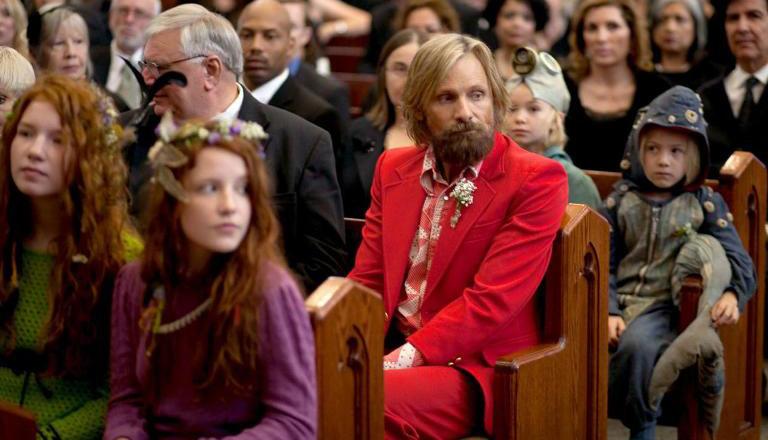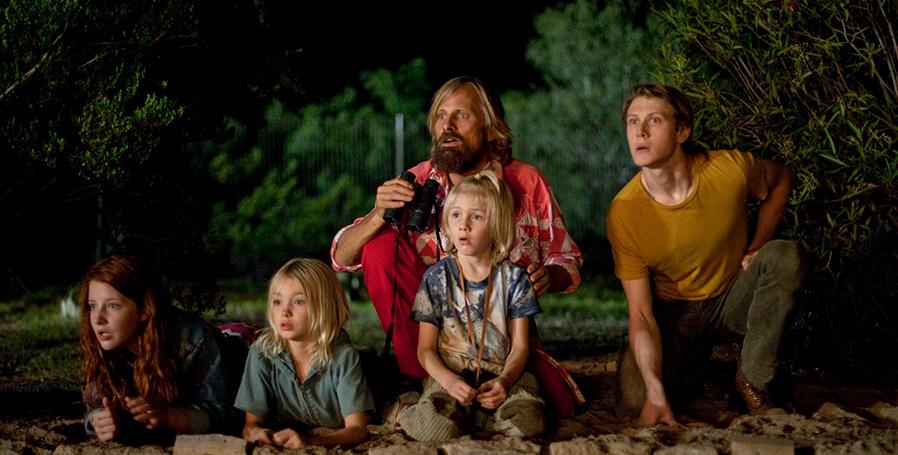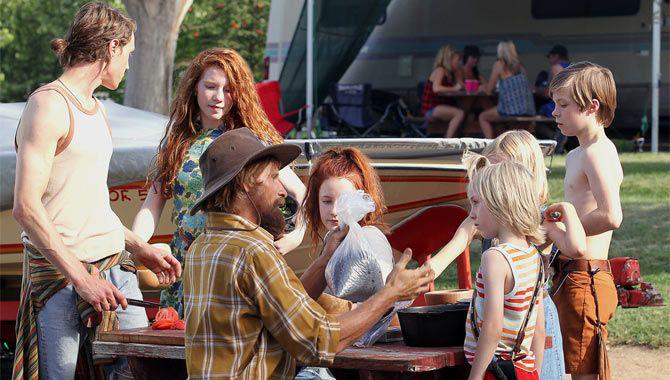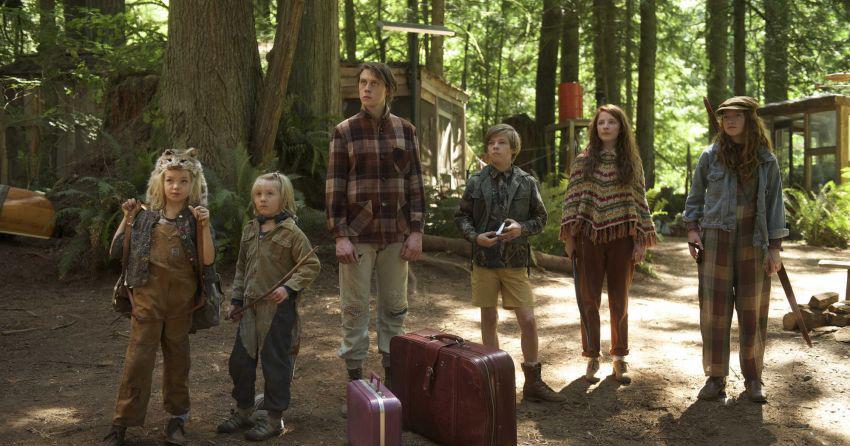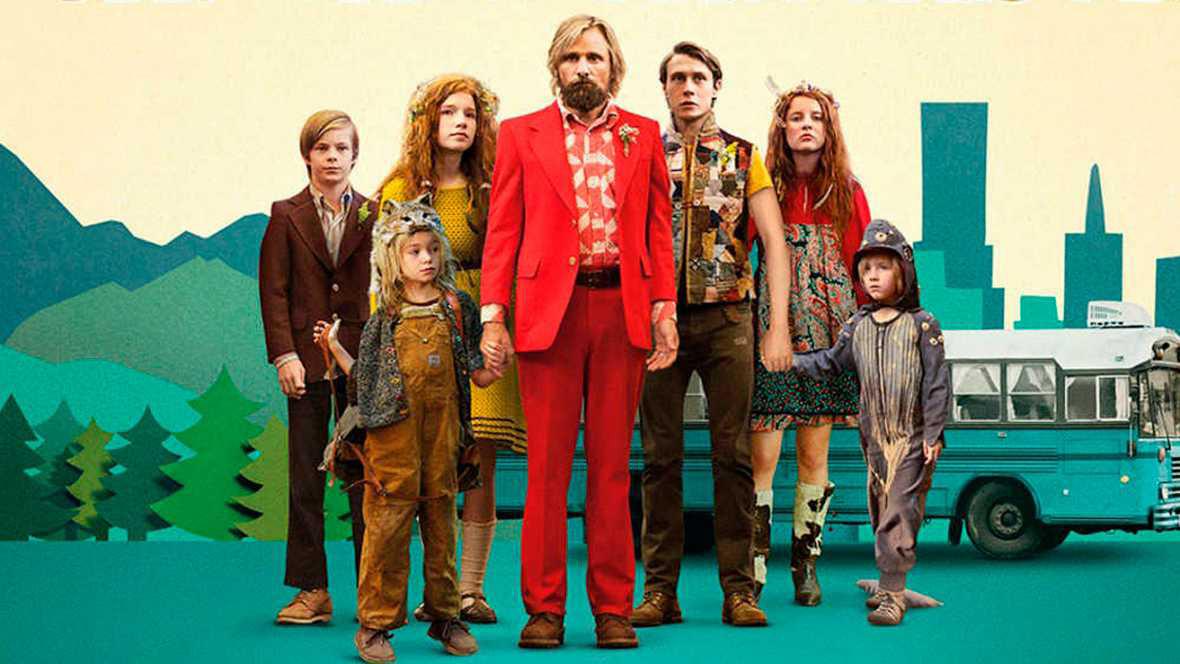
3 minute read
CAPTAIN FANTASTIC MAESTRO J. Ricardo Félix
CAPTAIN FANTASTIC
Maestro Jesús Ricardo Félix
Advertisement
Celluloid: Captain Fantastic
In his novel Walden Dos, renowned psychologist Frederic Skinner describes a utopian society. In it, the problems that arise are solved through science. The main objective of such a community is to achieve the happiness of the individual while he functions as part of a collective. In this novel Skinner presents us with part of his theories and desires where the individual will be able to work on what he likes the most, developing his potential. Community members are self-sufficient, not dependent on large corporations for food, shelter, security, health, or education. Their relationship with nature is one of mutual respect, using only those resources necessary for subsistence. Now, this is nothing new, throughout history there have been models of societies with an alternative lifestyle that try to separate themselves from traditional models. The hippie ideology in the sixties was translated into the practice of a simple life and a rejection of the government in its traditional form. Thinking about this theme is that we will talk about the movie Captain Fantastic.
Captain Fantastic, by its Spanish name, is a 2016 American film directed by Matt Ross. Ross is a screenwriter and director recognized for working alongside filmmakers such as John Woo and Martin Scorsese. The film stars actor Viggo Mortensen who plays the complex Ben Cash. Ben is an idealist, an activist and an intellectual who, together with his wife Leslie, carried out the dream of becoming independent from the American way of life. Together they planned and built a commune to raise their children with a different lifestyle where nature is the main provider. However, paradise is interrupted with the death of the woman, her mental illness prevents her from continuing her treatment away from hospitals, so Ben and her family must fend for themselves.
The children are physically and intellectually trained to survive in a hostile environment where they learn about hunting, gathering and planting fruits. As if that were not enough, Ben indoctrinates them in theories of left wing ideologies from an early age where they learn about Marxism, Trotskyism or Maoism. His relatives do not understand that Ben clings to raising his children in the open sky, but it is shown how children raised in the city are addicted to electronics and video games of extreme violence. Ben seeks to alienate his children from the sick culture that the capitalist system represents, but in doing so he also deprives them of their assets.
Definitely recommendable, Matt Ross is an atheist who seeks to question or describe the contradictions that can arise when trying to "live outside the system". He sometimes handles the subject with humor, such as when the family celebrates Chomsky instead of the traditional capitalist Christmas celebrations. There are also moments of drama, such as when his children are exposed to a society that considers them "freaks." The writer likes irony and chooses the last name Cash (cash) to Ben's family. The characters reflect that despite living on the margins, at times they need the benefits and comforts that the system provides. What do you think? Could they live on the fringes of society? Will we see alternative lifestyles more and more often? The film closes with a classic Bob Dylan theme that more or less says:
So I remember all the faces of all the men who put me here I see my light come shining from the west to the east Any day now, any day now I'll be set free
Youtube Trailer: https://www.youtube. com/watch?v=6e7HYW0F03U
